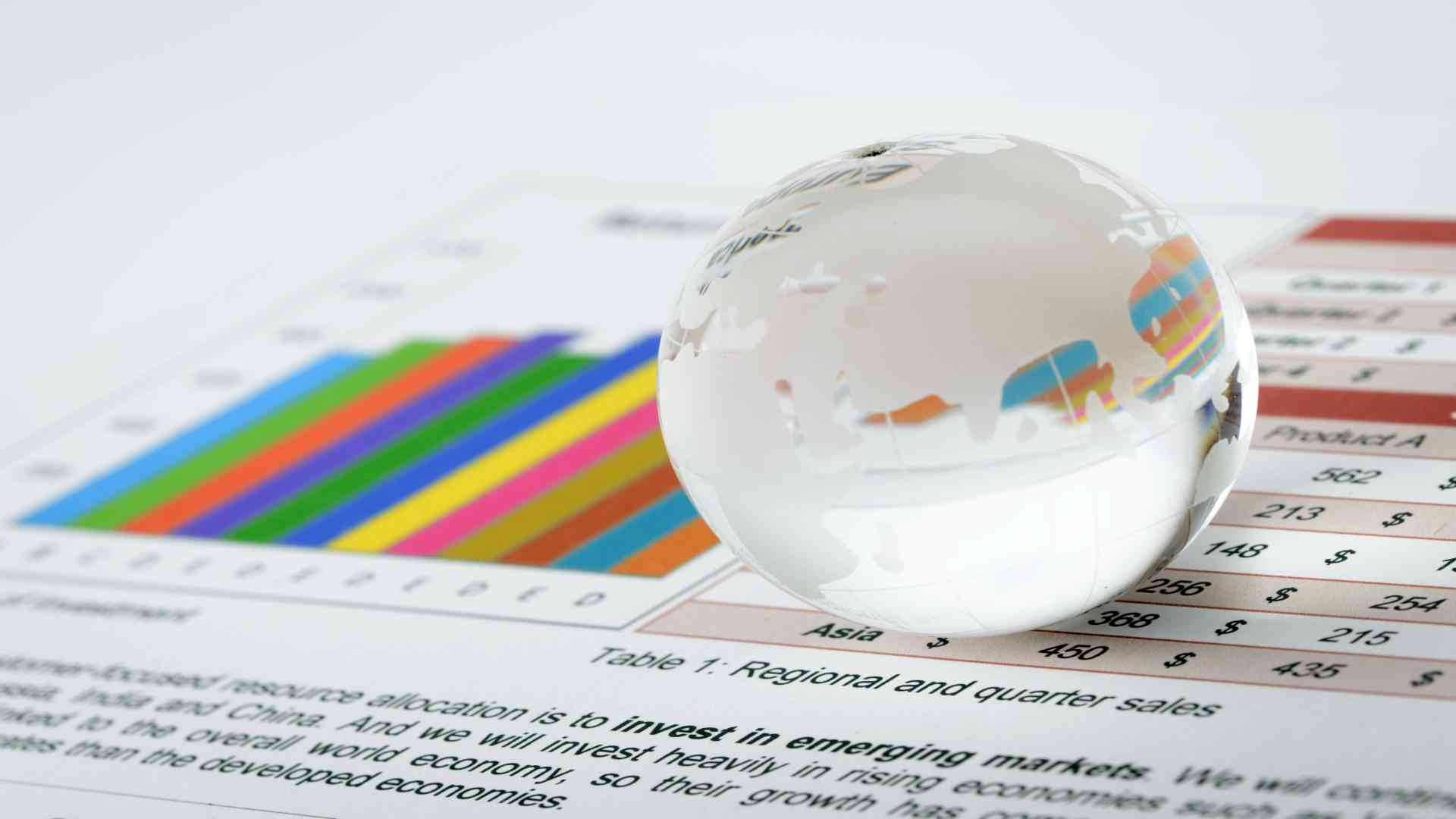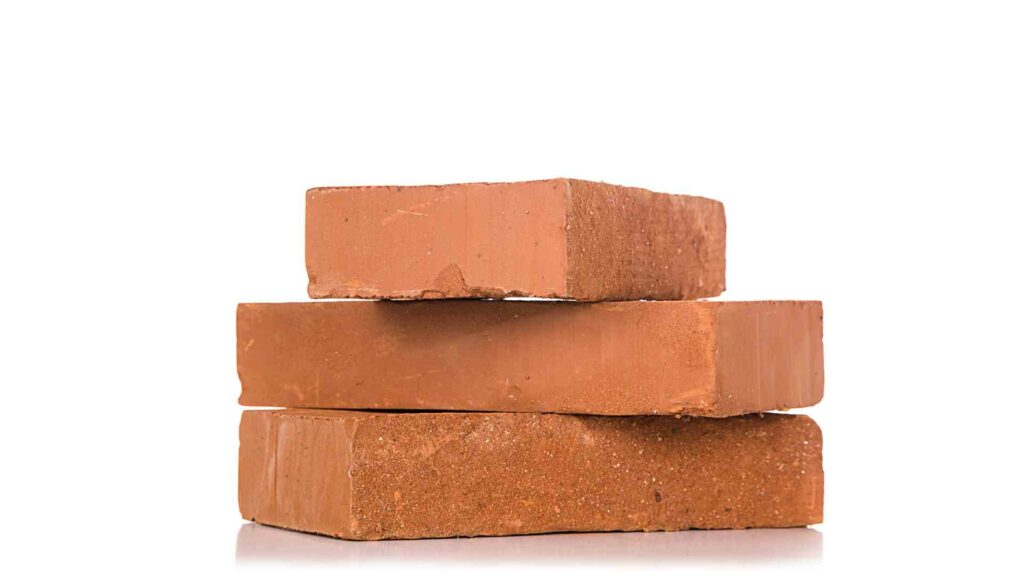Boron Drives Three Promising Trends in the Global Economy
Boron plays a crucial role as a game changer for the global economy. But did you know which three key trends the modern global economy is closely linked to?

Global economy
Three Promising Trends for the Global Economy
The global economy is undergoing a transformative period of rapid industrialization, increased agricultural fertilization, and the implementation of decarbonization policies.
Industrialization is proceeding at an unprecedented pace in developing countries, particularly Asia. Rapid industrialization drives demand for raw materials and energy, and new technologies and infrastructure powering economic growth and raising living standards worldwide.
Agricultural Fertilization is another major trend that is transforming the global economy. Using chemical fertilizers has increased crop yields dramatically, helping to feed a growing world population.
Decarbonization is the third major trend that is reshaping the global economy. The shift from fossil fuels to renewable energy sources reduces greenhouse gas emissions and mitigates climate change.
Industrialization
The industrialization of the 19th century led to many changes in society, one of the most important being the increased use of chemical substances. A key ingredient in many of these new chemical substances is boron.
Boron is a mineral found in small amounts in many rocks and soils. It is also found in some plants. Though it is not found naturally in significant quantities, it can be extracted from certain minerals, such as borax.
Boron is also an important element in the industry. For example,
- It is used in manufacturing steel, ceramics, and enamel.
- It is produced as an ingredient in detergents, pesticides, and flame retardants.
- It is used in manufacturing borosilicate glass used in laboratories and kitchens because of its resistance to heat and chemical attacks.
- It is used in cutting tools and abrasives.
Boron is also electrically conductive, making it valuable in the electronics industry. Finally, boron is highly resistant to corrosion, making it an essential material for use in the chemical industry.
Agricultural Fertilization
Boron is an essential micronutrient for plant growth and plays a vital role in fertilization. It is taken up by plants through their root system and transported to the shoot, where it is required for cell division, cell wall formation, and other metabolic processes.
Boron is particularly important in developing new leaves, flowers, and fruits. It helps improve flower fertility, seed germination, and sugar transportation within the plant.
On the other hand, a boron deficiency can lead to several problems, including reduced flower and fruit production, stunted growth, and even death in severe cases. Boron is also essential for uptake of other nutrients, such as calcium and nitrogen.
Boron can be found in many fertilizers and applied directly to the soil. However, like most nutrients, boron must be present in the soil properly for plants to benefit from it.
Too much or too little boron can cause plant tissue to become brittle and lead to root death. Therefore, it is important to have your soil tested for boron levels before applying any fertilizer or other amendments. Once you know the level of boron in your soil, you can add the appropriate amount of boron-containing fertilizer to ensure that your plants get the nutrition they need without being harmed by too much of this essential nutrient.
Decarbonization
Boron is critical for the decarbonization of the global economy. Here’s why:
Boron is a fascinating element that can catalyze CO2 reduction in the presence of water and light. As a result, it is an excellent candidate for creating more effective methods of transforming CO2 into useful carbon sources for producing fuels and chemicals.
It is also essential for developing electric vehicles, which are crucial for reducing greenhouse gas emissions. Electric vehicles are powered by batteries that contain boron-based compounds. These compounds help to store energy in the battery, making it possible for electric vehicles to travel long distances without needing to be recharged frequently.
Besides, boron is used to produce insulation materials. This is important because insulation helps to reduce heat loss in buildings, making them more energy efficient. By using less energy, buildings generate fewer greenhouse gas emissions.
Borons contribute to decarbonization by removing carbon from coal and natural gas. As a result, boron-based materials capture carbon neutrons due to their numerous industrial applications.
And finally, boron is a key ingredient in many clean energy technologies, such as solar panels and wind turbines.
A Final Note
Boron is vital as it serves three main promises to the global economy.
- Boron will help spur industrialization around the world.
- Boron will help increase crop yields and improve soil health.
- Boron reduces carbon emissions in various industries.





